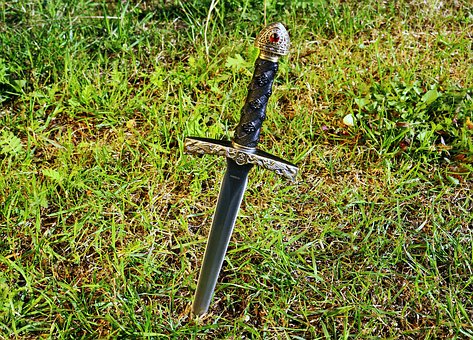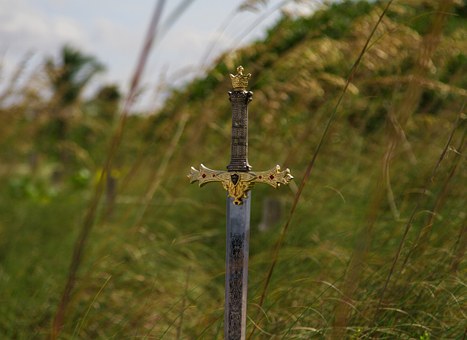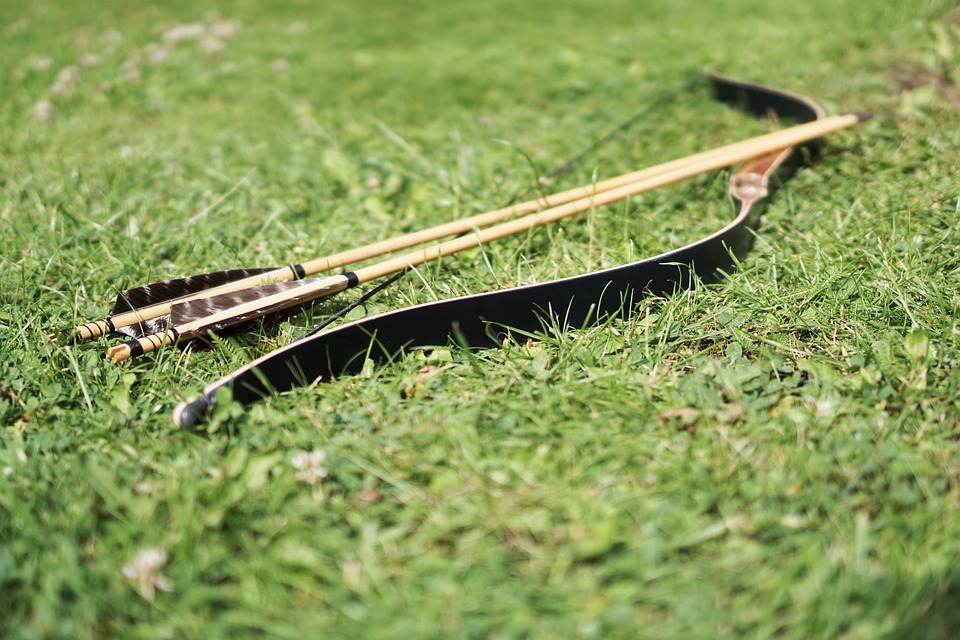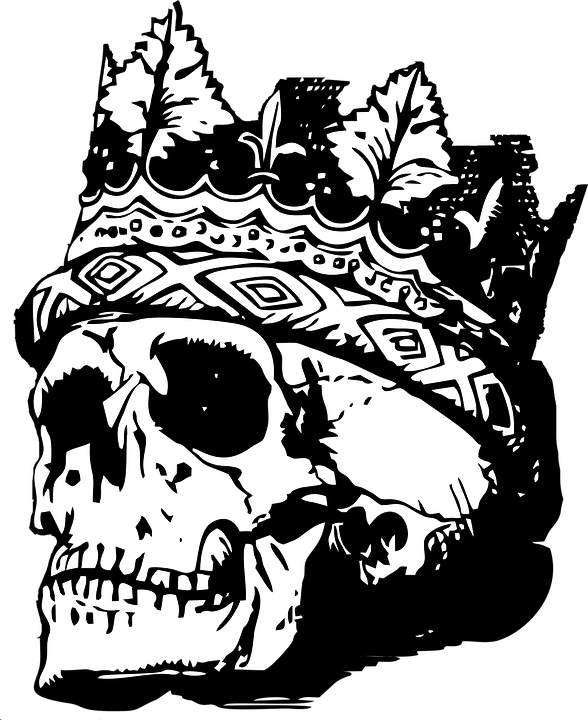by Cyril Korolev
In Russian folklore Dobrynya is an epic hero, a mighty warrior, second in might and power after Ilya Muromets, distant relative of prince Vladimir of Kiev. Unlike his comrades – Ilya and Alyosha Popovitch – Dobrynya had some aptitude to fine arts: he sang beautifully, could read and write and play chess; but first of all he was a gallant warrior who protected Russian borders and fought with enemies and monsters.






